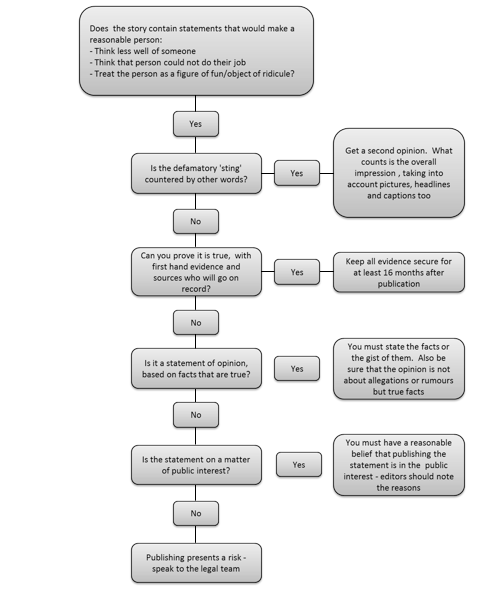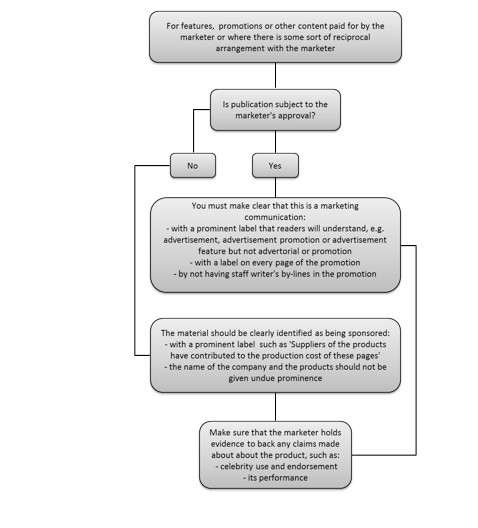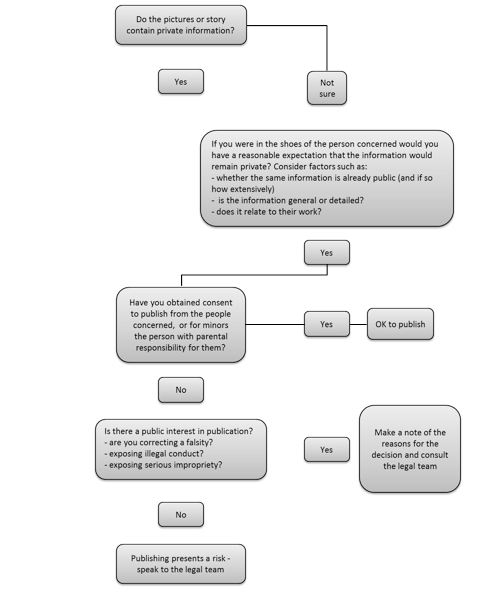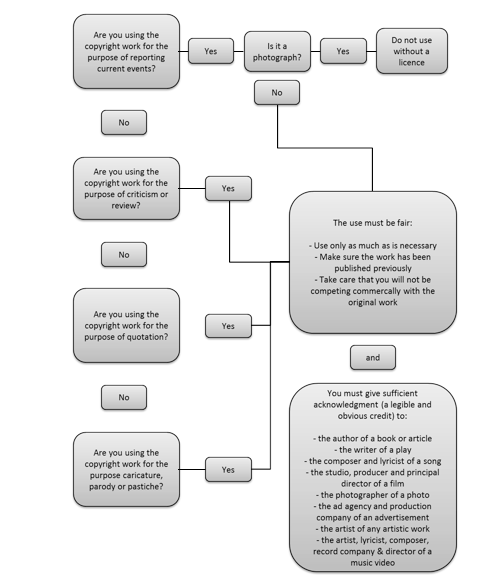1. Introduction
We are committed to producing web-based, online journalism that meets the highest standards and, to that end, our journalism should reflect Legal Cheek’s commitment to quality and integrity. Legal Cheek’s reputation, the respect accorded to our publication and the careers of our staff depend upon upholding shared journalistic values.
These guidelines are designed to give specific guidance to those who work in editorial and to inform our readers of the way in which we operate.
This document therefore presents an outline of the ethical and legal standards we expect all our journalists and contributors to follow, and also advises readers of the steps to follow if they have a complaint.
If, as a member of staff or contributor, you are unsure about anything in this document, or how it should be applied, contact Legal Cheek’s founder, Alex Aldridge, who will be happy to discuss things with you.
This document was created in December 2017 but media law is constantly evolving. It is important for everyone working in editorial to keep themselves up to date with new developments and attend all training provided.
2. Our Standards
At the heart of our policy is the Independent Press Standards Organisation’s (IPSO) Editors’ Code of Practice – the set of principles which have been collated to guide our industry. Although we are not members of IPSO its rules are an excellent framework by which to produce accurate, fair and responsible journalism.
The shaded sections below do not form part of the Editors’ Code of Practice but set out Legal Cheek’s expectations for its journalists and contributors.
Preamble
All members of the press have a duty to maintain the highest professional standards. The Code, which includes this preamble and the public interest exceptions below, sets the benchmark for those ethical standards, protecting both the rights of the individual and the public’s right to know.
The code should not be interpreted so narrowly as to compromise its commitment to respect the rights of the individual, nor so broadly that it constitutes an unnecessary interference with freedom of expression or prevents publication in the public interest.
It is the responsibility of all of us to apply the Code to editorial material. You should also take care to ensure it is observed rigorously by all editorial staff and external contributors, including non-journalists.
Clause 1: Accuracy
1.1 The Press must take care not to publish inaccurate, misleading or distorted information, including pictures.
Libel
Publishing false information can also lead to a defamation claim. A flow chart providing an introduction to libel law is provided in Appendix A. Just because something has been widely reported online does not mean that it is true.
Reporting Speech
Direct quotations should not be changed or used in a context which would alter their meaning. Anonymous quotations should be used with care. In particular, pejorative anonymous quotations should be avoided. We should not become a vehicle for people to vent pejorative views whilst hiding behind a cloak of anonymity.
Accuracy of Sources
We must be confident in our sources and truth of what we publish. All efforts should be made to independently verify information. Additional scrutiny of web-sourced material is necessary because it is risky to accept at face value information simply because it has been published elsewhere. This is particularly true if the source material is a web publication from a country which has greater protection for freedom of expression and is not subject to the rigours of libel law that we are in the UK (such as material from USA-hosted websites).
Photographs
Digitally altered images should clearly be marked as such.
Promotions
Agreements to promote the financial interests of potential contributors, interviewees, or their sponsors should be transparent to our readers. A flow chart providing a short guide to the rules that govern features, promotions and endorsements is contained in Appendix B.
Freebies
It is vital that ‘freebies’ and/or gifts do not affect the content of our publications. Cash gifts are never acceptable and gifts of significant value (individually or cumulatively worth £100 or more) should be politely refused and returned. Staff should not use their positions to gain a personal benefit for themselves, their families, or friends.
Relationships
Journalists and contributors should not include relatives or anyone else with whom staff have a close personal, financial or romantic relationship, without permission.
1.2 A significant inaccuracy, misleading statement or distortion once recognised must be corrected, promptly and with due prominence. Where appropriate, an apology should be published.
Complaints
The management team should be made aware of all complaints as soon as they are received. Specifically, Alex Aldridge must be alerted to any complaints as soon as possible.
If you are a reader and wish to complain about something we have published, please contact Alex Aldridge via email to alex@legalcheek.com and provide full details of your complaint. You can also call us on 020 7254 7283.
We are committed to resolving complaints fairly and quickly and will respond to you within 24 hours to acknowledge receipt. We will then respond substantively as soon as possible.
If we receive multiple complaints about the same issue please note that we may not be able to respond to all of them.
We promise to investigate any complaint as swiftly and courteously as we can. We ask that you please liaise with us in a similarly respectful spirit. We reserve the right not to reply to offensive, abusive or insulting correspondence.
1.3 The Press, whilst free to be partisan, must distinguish clearly between comment, conjecture and fact.
1.4 A publication must report fairly and accurately the outcome of an action for defamation to which it has been a party, unless an agreed settlement states otherwise, or an agreed statement is published.
Clause 2: Opportunity to reply
2. A fair opportunity for reply to inaccuracies must be given when reasonably called for.
Interaction with Readers
You should be courteous and respectful of our readers in all interactions, whether by telephone, email, letter, in person, or via social media.
*Clause 3: Privacy
3.1 Everyone is entitled to respect for his or her private and family life, home, health and correspondence, including digital communications.
3.2 Editors will be expected to justify intrusions into any individual’s private life without consent. Account will be taken of the complainant’s own public disclosures of information.
3.3 It is unacceptable to photograph individuals in private places without their consent. Note – Private places are public or private property where there is a reasonable expectation of privacy.
Privacy law is complex and each story that deals with private information requires careful analysis of whether publishing is in the public interest. The flowchart in Appendix C explains the analysis needed. If you are in any doubt, Alex Aldridge and/or the management team should be consulted.
*Clause 4: Harassment
4.1 Journalists must not engage in intimidation, harassment or persistent pursuit.
4.2 They must not persist in questioning, telephoning, pursuing or photographing individuals once asked to desist; nor remain on their property when asked to leave and must not follow them. If requested, they must identify themselves and whom they represent.
4.3 Editors must ensure these principles are observed by those working for them and take care not to use non-compliant material from other sources.
Clause 5: Intrusion into grief or shock
5.1 In cases involving personal grief or shock, enquiries and approaches must be made with sympathy and discretion and publication handled sensitively. This should not restrict the right to report legal proceedings, such as inquests.
*5.2 When reporting suicide, care should be taken to avoid excessive detail about the method used.
*Clause 6: Children
6.1 Young people should be free to complete their time at school without unnecessary intrusion.
6.2 A child under 16 must not be interviewed or photographed on issues involving their own or another child’s welfare unless a custodial parent or similarly responsible adult consents.
6.3 Pupils must not be approached or photographed at school without the permission of the school authorities.
6.4 Minors must not be paid for material involving children’s welfare, nor parents or guardians for material about their children or wards, unless it is clearly in the child’s interest.
6.5 Editors must not use the fame, notoriety or position of a parent or guardian as sole justification for publishing details of a child’s private life.
*Clause 7: Children in sex cases
7.1 The press must not, even if legally free to do so, identify children under 16 who are victims or witnesses in cases involving sex offences.
7.2 In any press report of a case involving a sexual offence against a child –
7.2.1 The child must not be identified.
7.2.2 The adult may be identified.
7.2.3 The word “incest” must not be used where a child victim might be identified.
7.2.4 Care must be taken that nothing in the report implies the relationship between the accused and the child.
*Clause 8: Hospitals
8.1 Journalists must identify themselves and obtain permission from a responsible executive before entering non-public areas of hospitals or similar institutions to pursue enquiries.
8.2 The restrictions on intruding into privacy are particularly relevant to enquiries about individuals in hospitals or similar institutions.
*Clause 9: Reporting of crime
9.1 Relatives or friends of persons convicted or accused of crime should not generally be identified without their consent, unless they are genuinely relevant to the story.
9.2 Particular regard should be paid to the potentially vulnerable position of children who witness, or are victims of, crime. This should not restrict the right to report legal proceedings.
Contempt
Once someone has been arrested in relation to a particular crime, it is a contempt of court to publish anything which constitutes a substantial risk of serious prejudice to the prospective court proceedings. If you are writing about a criminal offence for which someone has been arrested or a current court case you should seek advice as to what you can and cannot say about the alleged crime, the suspect or the victim.
*Clause 10: Clandestine devices and subterfuge
10.1 The press must not seek to obtain or publish material acquired by using hidden cameras or clandestine listening devices; or by intercepting private or mobile telephone calls, messages or emails; or by the unauthorised removal of documents or photographs; or by accessing digitally-held private information without consent.
10.2 Engaging in misrepresentation or subterfuge, including by agents or intermediaries, can generally be justified only in the public interest and then only when the material cannot be obtained by other means.
Illegality
Information obtained illegally must not be used in our publication. This includes information received through illegal methods (such as phone or computer hacking), theft or bribery, through the solicitation of leaks or breach of a non-disclosure agreement.
To ensure that you do not unintentionally commit an act of bribery journalists should not enter into agreements to pay for stories or content or to use the services of external agents or assistants. The management team and Alex Aldridge should be involved in all discussions and decision-making of this kind.
Clause 11: Victims of sexual assault
11. The press must not identify victims of sexual assault or publish material likely to contribute to such identification unless there is adequate justification and they are legally free to do so.
Clause 12: Discrimination
12.1 The press must avoid prejudicial or pejorative reference to an individual’s race, colour, religion, gender, sexual orientation or to any physical or mental illness or disability.
12.2 Details of an individual’s race, colour, religion, sexual orientation, physical or mental illness or disability must be avoided unless genuinely relevant to the story.
Language
It is important to think carefully about the use of words which have the potential to offend. The stronger the word or the more prominent its proposed use, the more consideration should be given to its appropriateness and whether there are any alternatives.
Clause 13: Financial journalism
13.1 Even where the law does not prohibit it, journalists must not use for their own profit financial information they receive in advance of its general publication, nor should they pass such information to others.
13.2 They must not write about shares or securities in whose performance they know that they or their close families have a significant financial interest without disclosing the interest to the editor or financial editor.
13.3 They must not buy or sell, either directly or through nominees or agents, shares or securities about which they have written recently or about which they intend to write in the near future.
Clause 14: Confidential sources
14. Journalists have a moral obligation to protect confidential sources of information.
Sources
Where possible, sources of information should be identified and described in as much detail as possible. However, if you do promise a source confidentiality, it is of paramount importance to uphold that promise.
Clause 15: Witness payments in criminal trials
15.1 No payment or offer of payment to a witness – or any person who may reasonably be expected to be called as a witness – should be made in any case once proceedings are active as defined by the Contempt of Court Act 1981.
This prohibition lasts until the suspect has been freed unconditionally by police without charge or bail or the proceedings are otherwise discontinued; or has entered a guilty plea to the court; or, in the event of a not guilty plea, the court has announced its verdict.
*15.2 Where proceedings are not yet active but are likely and foreseeable, editors must not make or offer payment to any person who may reasonably be expected to be called as a witness, unless the information concerned ought demonstrably to be published in the public interest and there is an over-riding need to make or promise payment for this to be done; and all reasonable steps have been taken to ensure no financial dealings influence the evidence those witnesses give. In no circumstances should such payment be conditional on the outcome of a trial.
*15.3 Any payment or offer of payment made to a person later cited to give evidence in proceedings must be disclosed to the prosecution and defence. The witness must be advised of this requirement.
*Clause 16: Payment to criminals
16.1 Payment or offers of payment for stories, pictures or information, which seek to exploit a particular crime or to glorify or glamorise crime in general, must not be made directly or via agents to convicted or confessed criminals or to their associates – who may include family, friends and colleagues.
16.2 Editors invoking the public interest to justify payment or offers would need to demonstrate that there was good reason to believe the public interest would be served. If, despite payment, no public interest emerged, then the material should not be published.
The Public Interest
There may be exceptions to the clauses marked * where they can be demonstrated to be in the public interest.
- The public interest includes, but is not confined to:
1.2 Detecting or exposing crime or serious impropriety.
1.3 Protecting public health and safety.
1.4 Preventing the public from being misled by an action or statement of an individual or organisation.
- There is a public interest in freedom of expression itself.
- Whenever the public interest is invoked, the Regulator will require editors to demonstrate fully that they reasonably believed that publication, or journalistic activity undertaken with a view to publication, would be in the public interest and how, and with whom, that was established at the time.
- The Regulator will consider the extent to which material is already in the public domain, or will become so.
- In cases involving children under 16, editors must demonstrate an exceptional public interest to over-ride the normally paramount interest of the child.
Copyright
We are committed to protecting our own intellectual property and respecting the intellectual property rights of others.
Copyright material belonging to others must not be used without the consent of the copyright owner or unless we are permitted to do so by law. A flowchart explaining the fair dealing exemptions in the UK is contained in Appendix D. Of vital importance is understanding the requirements of providing a sufficient acknowledgment to the copyright owner. The flowchart is intentionally only an overview and the management team and Alex Aldridge should always be consulted in cases of doubt.
Appendix A — Libel

Appendix B — Promotions

Appendix C — Privacy

Appendix D — Fair Dealing
